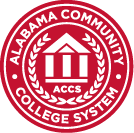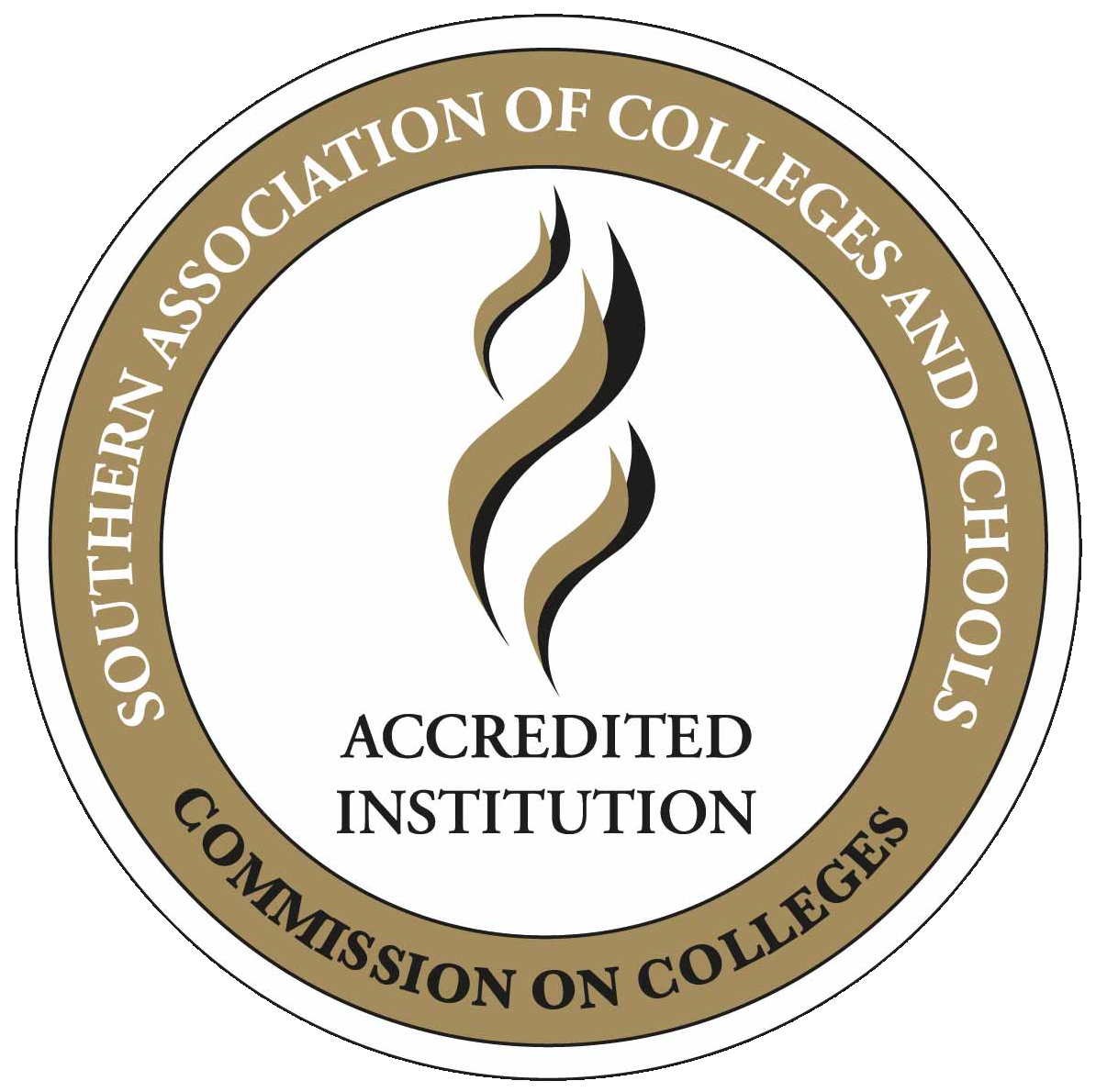Some of the appropriate accommodations and services the ADA Office may recommend are:
- Early Registration -A student with a disability may register during early registration. The student is responsible for regular advisement with the individual college advisors and then may register through the ADA Office.
- Testing Accommodations – Testing accommodations may include extended time, reduced-distraction testing environment, recorded or orally administered tests, and/or scribes. Testing accommodations are provided within each department if possible. Students should discuss testing accommodations with their instructors at the beginning of each semester.
- Alternate Formats for Assignments – In many cases, assignments may be submitted in formats other than those stated in course requirements (i.e., recorded rather than written or typed, and typed rather than hand written).
- Recordings / Note takers – Students may be permitted to record class lectures or be assigned a peer note taker as a reasonable accommodation. If the student is assigned a note taker, the ADA Office furnishes the instructor a supply of the NCR (No Carbon Required) paper. The instructor asks the class for a volunteer to take notes. The note taker gives the notes to the instructor at the end of each class. The student given the accommodation of a peer note taker receives the notes from the instructor.
- Sign Language Interpreters / CART / Readers / Scribes -The ADA Office will provide sign language interpreters/readers/scribes when needed.Academic Classroom Aids – In many cases, students may be permitted to use calculators (restrictions apply) electronic dictionaries, word processors, spell checkers for in-class work and FM Systems.
- Service Animals / Guide Dogs – In accordance with the Americans with Disabilities Act (ADA), service animals are permitted on the college campus and in its facilities. A service animal means any guide dog, signal dog, or other animal individually trained to do work or perform tasks for the benefit of an individual with a disability, including, but not limited to, guiding individuals with impaired vision, alerting individuals with impaired hearing, providing minimal rescue or protection work, pulling a wheelchair, fetching dropped items or providing assistance with balance and stability. To be permitted on campus, a service animal must be specifically trained to perform a service function. The crime deterrent effects of an animal’s presence and the provision of emotional support, wellâ€being, comfort, or companionship do not constitute work or tasks for the purposes of this definition. JSCC employees will not ask about the nature or extent of a person’s disability, but may make two inquiries to determine whether an animal qualifies as a service animal. Staff may ask if the animal is required because of a disability and what work or task the animal has been trained to perform. Furthermore, the animal should wear a harness, cape, identification tag, or other gear that readily identifies its working status. Service animals whose behavior poses a direct threat to the health or safety of others may be excluded regardless of training or certification.



